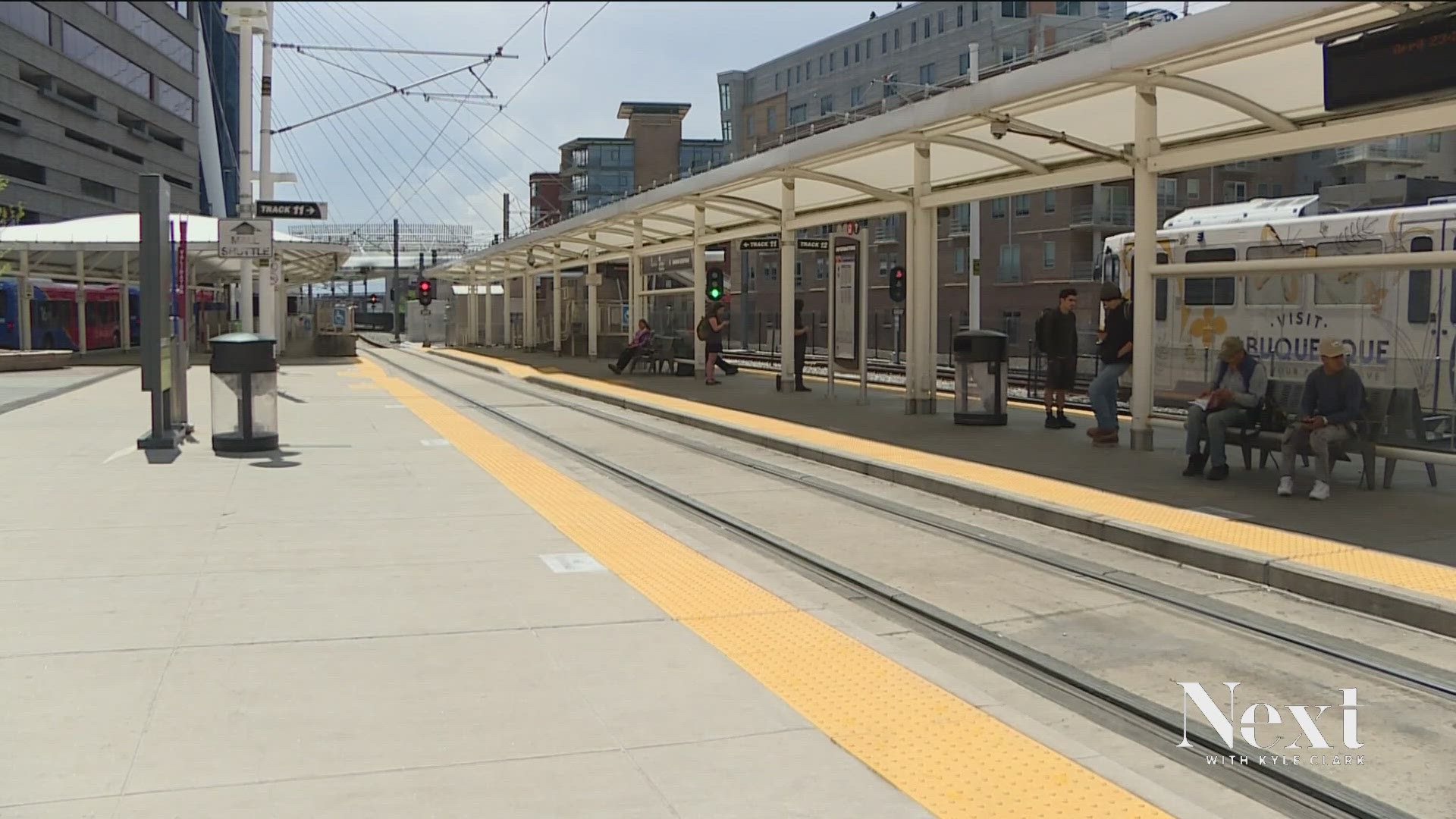DENVER — RTD employees reported nearly 70% more on-the-job injuries in 2023. Exposure to drug smoke was cited hundreds of times — almost half of injury reports last year.
Starting last year, operators can receive paid leave without affecting their paid time off for reporting an exposure to illicit drug smoke on the job.
According to a memorandum of understanding signed in January 2023, an employee who feels impaired will be relieved from duty and will be placed on paid administrative leave for the remainder of their shift and, if needed, the following day if scheduled to work.
"A lot of them accept that is part of their job," said Lance Longenbohn, president of ATY 1001. "They tell me 'I go home with a headache every day.'"
Across the country we have heard about assaults on transit workers. Now something in the air is also concerning RTD employees.
"The long-term effects of its exposure are very concerning," Longenbohn said.
The president of the union said his members have been worried about being exposed to drug smoke on their buses and trains.
"It is also one of the things that is affecting RTD's retention in keeping employees and it is affecting the ridership," he said.
RTD said employees reported an exposure to drug smoke more than 350 times last year. Not all events for administrative leave associated with inhalation exposure resulted in a worker's compensation claim.
Data provided by the agency showed it paid more than $60,000 to operators to take administrative leave in 2023.
If an operator wanted to seek medical care, then they would submit a worker's comp claim associated with the inhalation. RTD would pay for the exam and medical care. RTD paid more than $45,000 in worker's compensation for reports of inhalation exposure. More than 80% of exposure reports did not result in a payment from worker's compensation for medical cost or lost time.
Transit workers hundreds of miles away share the same concerns. Researchers at the University of Washington were asked by transit agencies to undertake an exposure assessment. They collected air and surface samples for fentanyl and methamphetamine from buses and trains on the West Coast.
"We consistently found meth in the air and on surfaces even at and near the operator," said Dr. Marissa Barker, assistant professor in the Department of Environmental and Occupational Health Sciences at the University of Washington.
Whether detectable amounts of drugs have long-term health impacts on operators is a question they didn't answer.
"There haven't been studies that have looked at the long-term impact of exposure to second-hand drugs in a workplace environment," she said.
More reporting by Kelly Reinke:
SUGGESTED VIDEOS: Full Episodes of Next with Kyle Clark

